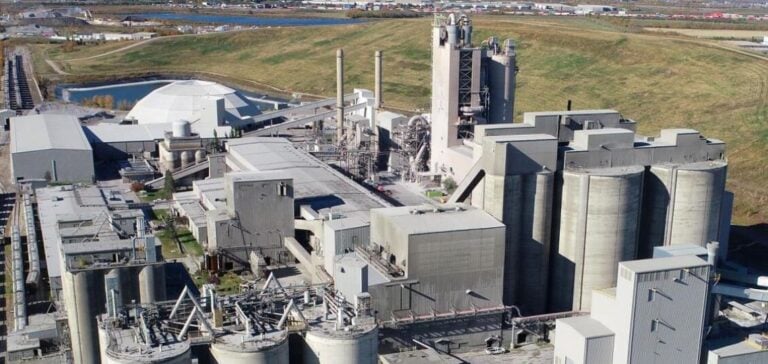Western Australia (WA) has taken a significant step forward in its energy strategy by launching an action plan dedicated to the development of carbon capture, storage, and utilization (CCUS). This plan is supported by a $16.9 million (AUD 26 million) fund, reflecting the government’s intent to make this technology a cornerstone of its energy transition and economic diversification.
According to Premier Roger Cook, CCUS is essential for reducing emissions in hard-to-decarbonize sectors such as cement, steel, and fertilizer production. The plan aligns with the state’s goal of achieving carbon neutrality by 2050, in line with national strategies such as the Future Gas Strategy.
With several CCUS projects under evaluation, Western Australia could capture up to 20 million metric tons of CO2 annually, approximately 25% of the state’s current net emissions. Notable infrastructure includes the CCS facility at the Gorgon LNG project, one of the largest in the world, which has already stored 10 million metric tons of CO2 since 2019 and aims to exceed 100 million metric tons over its lifetime.
A plan structured around six key areas
The action plan identifies six strategic priorities, including strengthening the legislative and regulatory framework, collaborating with industry, and promoting research and development to commercialize these technologies. The recent Petroleum Legislation Amendment Act 2024 lays the regulatory groundwork to facilitate CCUS projects.
Moreover, the government aims to establish CCUS hubs in major industrial areas such as Pilbara and Kwinana. These hubs will enhance collaboration between CO2 emitters, transporters, and storage operators while optimizing supply chains.
Strategic partnerships and simplified access to information
A centralized information platform will be created to allow simplified access to legislative data, grants, and technical reports, thereby improving public understanding and knowledge sharing within the industry.
Community engagement is also a major focus, with a commitment to working closely with local populations, particularly Indigenous communities, to ensure inclusive and responsible adoption of CCUS projects.
Promising economic and environmental potential
The government’s financial support aims not only to reduce emissions but also to stimulate investment and create jobs in a strategic sector. According to Caroline Cherry, WA Director of the Australian Energy Producers, CCUS represents a unique opportunity to combine emissions reduction with economic growth.
However, the International Energy Agency (IEA) warns that despite progress, the current deployment of CCUS technologies falls short of meeting the Paris Agreement targets. In 2023, only 50 million metric tons of CO2 were captured globally, compared to the 1 billion required by 2030 to stay on track for carbon neutrality.






















